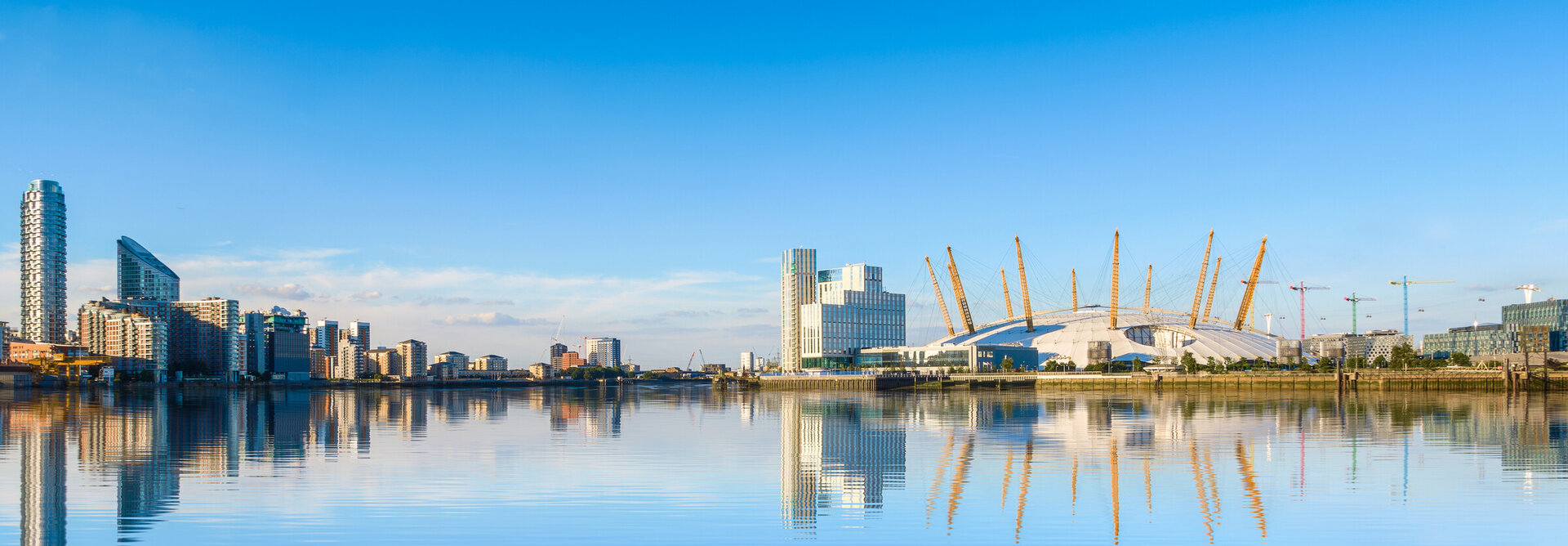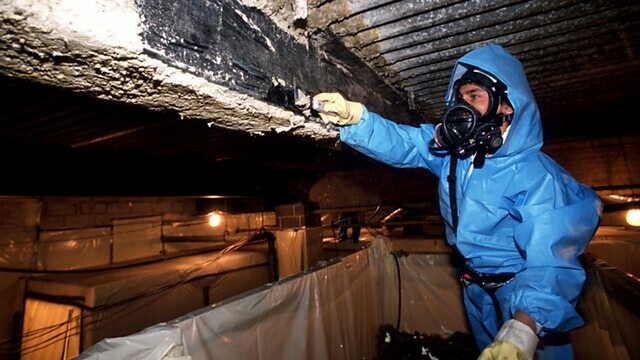Extracts from BBC News Inside the global asbestos trade. Full story on the link at the end of the page.
Banned or restricted in more than 50 countries, white asbestos continues to be widely used in China, India, Russia and Brazil, and many developing countries. The BBC's Steve Bradshaw and Jim Morris from the ICIJ report on an industry supported by a global network of lobby groups.
New evidence
And recently, the scientific case against white asbestos may be hardening.
John Hodgson of the UK's Health and Safety Executive (HSE) has estimated the risk of lung cancer from white asbestos is between 10 and 50 times less than from the same exposure to banned blue and brown (amphibole) asbestos.
But he says new evidence from the US had led him to conclude his previous estimates of mesothelioma risk could be higher - "to between a 20th and a 100th" of blue and brown risk.
On the BBCYou can watch Steve Bradshaw's report on his "Dangers in the Dust - Inside the Global Asbestos Trade" on BBC World TV.
BBC Discovery programme
"I would say that we can't say it's safe," he said, adding that there are very serious levels of uncertainty over these figures - especially at lower exposure levels. The HSE actively supports the EU's white asbestos ban.
Meanwhile, on lung cancer, Alex Burdorf, a public health professor at Rotterdam's Erasmus Medical Centre, said his recent review of earlier epidemiological studies commissioned by the Dutch government, had convinced him that white asbestos was "much more dangerous than previously thought."
"What we have shown is that chrysotile is as dangerous as crocidolite [blue asbestos] for contracting lung cancer, and is also linked to mesothelioma," he said. "I don't think there is safe way of working with asbestos, so I would support a global ban on asbestos purely because of public health risks."
The one thing almost everyone seems to agree on is that little is known about what is actually happening in many countries that still use asbestos.
"Good epidemiology on worker cohorts still using chrysotile could be very helpful," said John Hodgson.
"Whether it's ethical to suggest we should wait and see, rather than working for a ban in those countries one might debate. If countries do decide to continue using chrysotile they should have good systems of monitoring exposure and subsequent illness and mortality, so if they're wrong in their judgement this will emerge as quickly as possible."
In its joint investigation the BBC/ICIJ found little evidence that such comprehensive monitoring is yet widely in place.
Jim Morris, is a staff writer for the ICIJ, specialises in coverage of the environment and public health. Steve Bradshaw is an award-winning documentary film-maker.
Click to read the full report: Dangers in the dust: Inside the global asbestos trade

